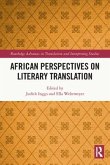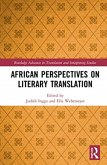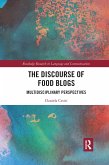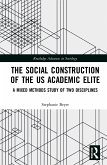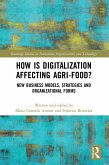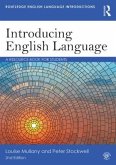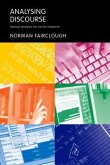This book presents a novel methodological framework for analysing governmental discourse. It involves combining pragmatist perspectives on language with computational sociolinguistics and large language models (LLMs).
The first half discusses traditional critical approaches to investigating discursive practices, principally those employing Critical Discourse Analysis (CDA) and those based on methods developed by Michel Foucault. These are critiqued in terms of pragmatist views on meaning, which are rarely taken up in this area. It is argued that to understand the grounding of social structures and power relations in discourse, we must begin with a systematic account of how meaning is contextually fixed. It is proposed that a pragmatist reading of Foucault's arguments about governmentality offers a productive framework for discourse analysis. To illustrate the advantages of this framework, the book presents a case study of the British government's adoption of resilience, sustainability, and wellbeing discourses in the period 2000-2020. A dataset of 179 million tokens sampled from approximately 170,000 government documents is used to illustrate how this framework can be combined with natural language processing (NLP) to make robust inferences.
This study will be of interest to both sociologists interested in language and in the methodological potential of recent developments in NLP. Importantly, the book demonstrates how LLMs can be harnessed to bring new perspectives to long-standing sociological questions.
The first half discusses traditional critical approaches to investigating discursive practices, principally those employing Critical Discourse Analysis (CDA) and those based on methods developed by Michel Foucault. These are critiqued in terms of pragmatist views on meaning, which are rarely taken up in this area. It is argued that to understand the grounding of social structures and power relations in discourse, we must begin with a systematic account of how meaning is contextually fixed. It is proposed that a pragmatist reading of Foucault's arguments about governmentality offers a productive framework for discourse analysis. To illustrate the advantages of this framework, the book presents a case study of the British government's adoption of resilience, sustainability, and wellbeing discourses in the period 2000-2020. A dataset of 179 million tokens sampled from approximately 170,000 government documents is used to illustrate how this framework can be combined with natural language processing (NLP) to make robust inferences.
This study will be of interest to both sociologists interested in language and in the methodological potential of recent developments in NLP. Importantly, the book demonstrates how LLMs can be harnessed to bring new perspectives to long-standing sociological questions.


